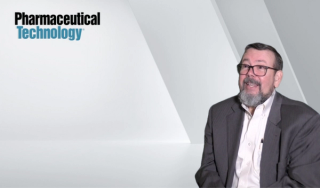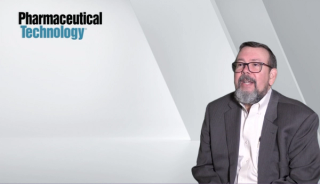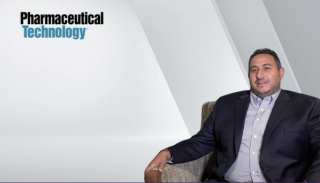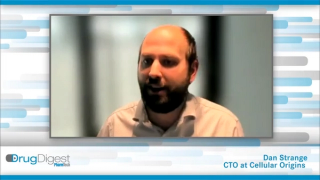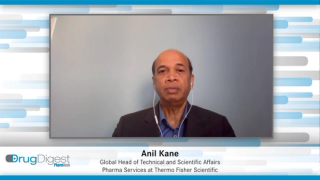
Manufacturing, Cell Therapies
Latest News

Latest Videos

More News

Rentschler Biopharma now offers a new lentiviral vector manufacturing toolbox at its site in Stevenage, UK.

The biopharma industry is seeking ways to apply cell and gene therapies to mass patient populations.

BioIVT has launched new cleanroom manufacturing space using Germfree’s technology that boosts its cell and gene therapies development capabilities.

Pluri’s newly launched CDMO business will manufacture two novel cell therapy product candidates for Kadimastem.

CGT manufacturing processes need automation as well as standardization, according to Lonza’s Joe Garrity and Jerry Jiang.
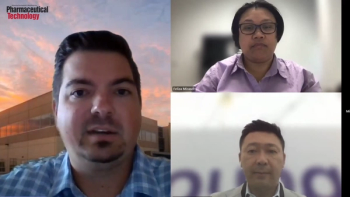
Joe Garrity and Jerry Jiang from Lonza share their insights on the latest trends and challenges for the commercialization of new CGTs.

CGT Catapult and CATTI have developed aligned training standards for the manufacture of advanced therapies.

Cellular Origins will apply its robotic platform to establish automated CGT manufacturing at CGT Catapult’s manufacturing innovation center in Stevenage, UK.

The Mirus Bio acquisition will boost Merck KGaA’s viral vector manufacturing services.

Experiments conducted by the downstream technology team at Spark Therapeutics involving metal ion-containing additives showed improved capsid clearance in AAV production.

Under a partnership, ProPharm and PBL have launched the Cell Factory Box, an enclosed and fully automated cell factory manufacturing device.

A new draft guidance issued by FDA covers human- and animal-derived materials used in the manufacture of advanced therapy medicinal products.

The new draft guidance from FDA provides recommendations for sponsor companies on cell safety testing of human-origin allogeneic cells.

The collaboration aims to scale-up TreeFrog’s process to produce and amplify cells for Vertex’s type 1 diabetes cell therapies.

Under the agreement, Bristol Myers Squibb will have access to Cellares’ fully automated cell therapy manufacturing platform, Cell Shuttle, to manufacture select CAR-T cell therapies.

Memel Biotech aims to offer a range of services from discovery through to formulation for preclinical through to late-stage clinical and commercial production of advanced therapies.

Univercells and Altamira Therapeutics are collaborating on nanoparticle-delivered mRNA vaccines, while Andelyn Biosciences and Grace Science are partnering on novel therapies for NGLY1 deficiency.

Understanding how to apply phase-appropriate GMPs is crucial for achieving successful regulatory approval.

Under a new agreement, Chime Biologics will manufacture Domain Therapeutics’ antibody cancer immunotherapy candidate, DT-7012.

Proprietary cell lines offer opportunities for achieving high AAV titers.

CSL will share access to Cytegrity, its proprietary stable production system for lentiviral vector production, with Genezen.

FDA has approved Iovance Biotherapeutics’ Amtagvi (lifileucel) for treating patients with unresectable or metastatic melanoma.
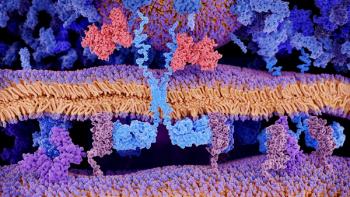
Despite slow growth over recent years, the CAR-T cell therapy space is expected to see considerable advancements in the near future.

Buffers, stabilizers, and cryoprotectants play major roles in cell therapy formulations.

The milestone approval of a gene-edited therapeutic paves the way for gene-editing technologies.







